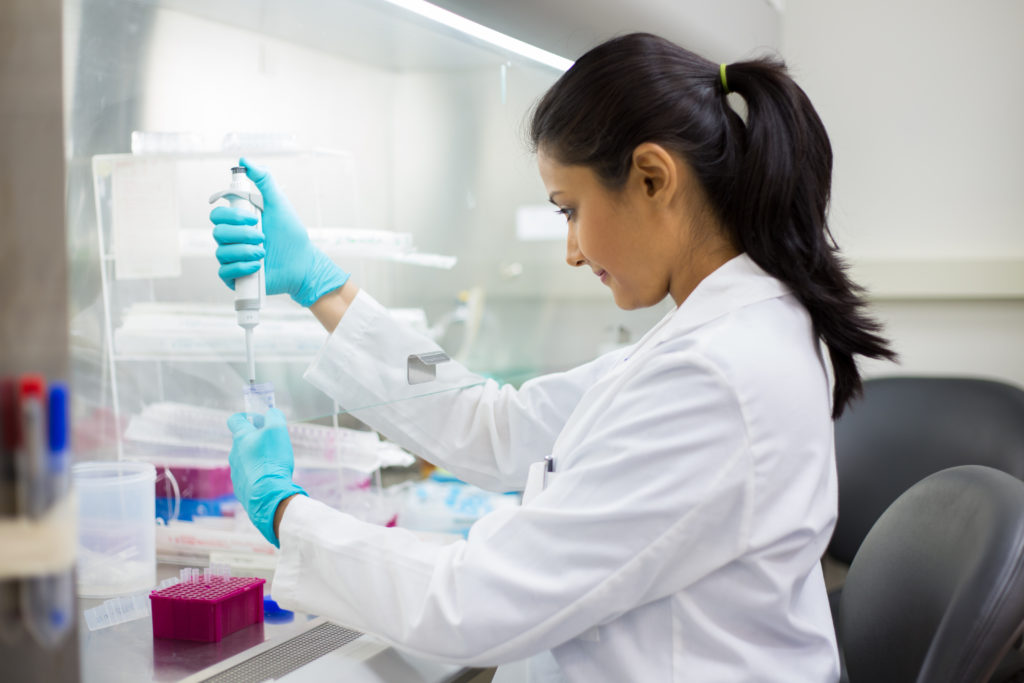
The WTO is now considering waiving the Agreement on Trade-Related Aspects of Intellectual Property Rights, or TRIPS, with regard to Covid-19 diagnostics and treatments. This follows on a similar action taken by WTO to lift these long-standing protections for those who developed the Covid-19 vaccines. In response, the Global Alliance for Patient Access joined with other stakeholder organizations to submit a letter of opposition to the United States Trade Representative, requesting that the Biden Administration reconsider its support for this unnecessary policy.
Opponents of the so-called TRIPS waiver note that the proposal in misguided for the following reasons:
The protection of intellectual property bolsters, rather than hinders, patient access through the pandemic and beyond. These protections encourage investment in research and development in new life-saving treatments for patients who desperately need them and continues to bring hope to patients for future treatments.
To learn more read: Fast Facts: Covid-19 Vaccination in Developing Countries.
Recent Posts

Global Alliance for Patient Access
© 2024 GAfPA. All Rights Reserved
| Cookie | Duration | Description |
|---|---|---|
| cookielawinfo-checkbox-analytics | 11 months | This cookie is set by GDPR Cookie Consent plugin. The cookie is used to store the user consent for the cookies in the category "Analytics". |
| cookielawinfo-checkbox-functional | 11 months | The cookie is set by GDPR cookie consent to record the user consent for the cookies in the category "Functional". |
| cookielawinfo-checkbox-necessary | 11 months | This cookie is set by GDPR Cookie Consent plugin. The cookies is used to store the user consent for the cookies in the category "Necessary". |
| cookielawinfo-checkbox-others | 11 months | This cookie is set by GDPR Cookie Consent plugin. The cookie is used to store the user consent for the cookies in the category "Other. |
| cookielawinfo-checkbox-performance | 11 months | This cookie is set by GDPR Cookie Consent plugin. The cookie is used to store the user consent for the cookies in the category "Performance". |
| viewed_cookie_policy | 11 months | The cookie is set by the GDPR Cookie Consent plugin and is used to store whether or not user has consented to the use of cookies. It does not store any personal data. |